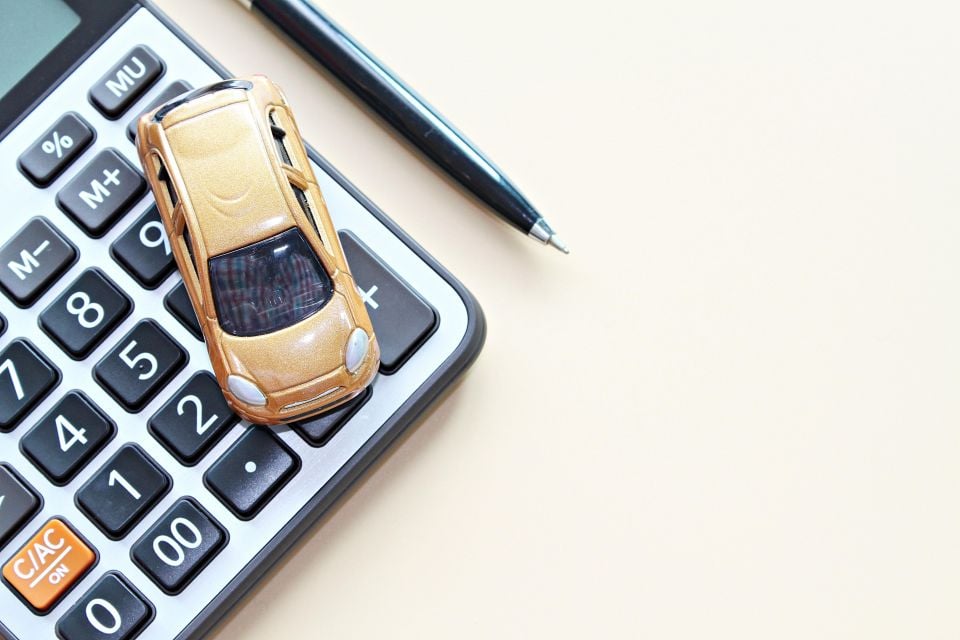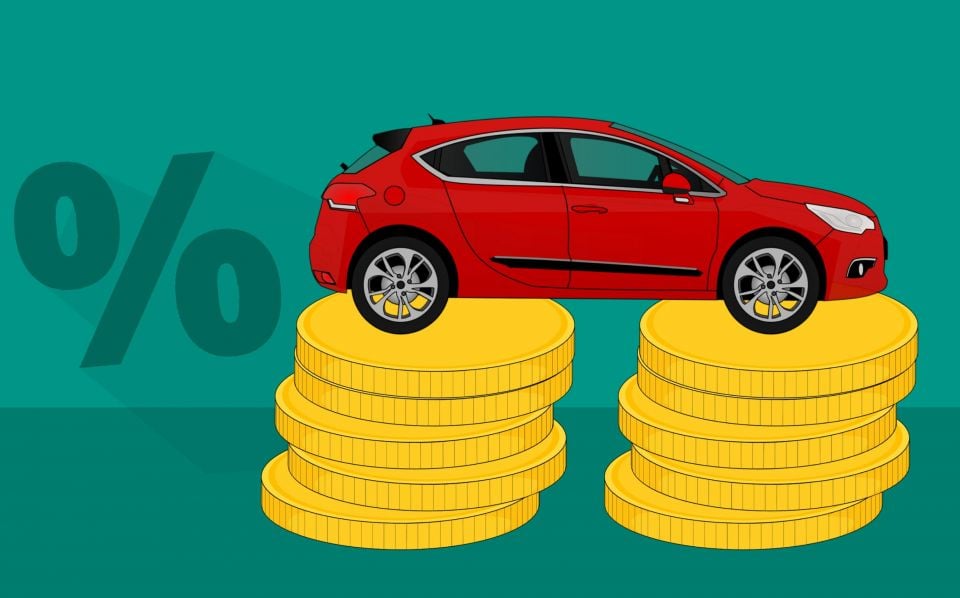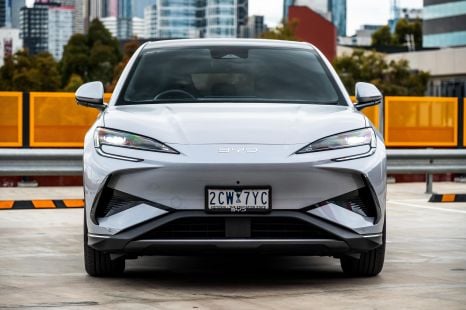

CarExpert.com.au
When do double demerit points start for the 2025-2026 Christmas holidays?
1 Hour Ago
Buying a new car? Here are some of the main considerations when it comes to choosing between paying the dealer cash or taking out a loan.

Deputy Marketplace Editor


Deputy Marketplace Editor
You’ve decided to treat yourself to a new car, congratulations!
After picking out your dream machine, the aim of the game turns to negotiating a deal that suits you both now and in the long term.
There are two main options when it comes to paying for a new car: you can either pay the full sum upfront, drawing on existing savings, or you can opt for a finance package that involves taking out a loan and making periodic payments over a set term.
Both alternatives have an appropriate time and place, but which is right for you?
Let’s unpack the case for each.
To pay cash for a new car means parting with the full price of the vehicle at the time of purchase, giving the buyer entitlement to the full value of the car without any further financial commitment.

It’s an option for buyers who have money in their bank account ready to go, whether it was intentionally saved for a new car or otherwise.
The old saying says cash is king, but is that still the case?
Peace of mind
While it may be a tall order to set aside tens of thousands of dollars for a new car, once the purchase is complete there’s nothing more to worry about.
A finance package requires consistent maintenance in the form of periodical payments, and when the time comes to sell the car, the onus is on the seller to disclose the financial status of the vehicle and pay the balance of the loan if required.

That can create stress for the loanee, which can be averted by paying cash in the first instance.
Instead of focusing mental energy on loan repayments and interest rates, a cash buyer can enjoy worry-free motoring in a car that’s their own from day one.
For people in a comfortable, stable financial situation, it makes a lot of sense.
However, many people who opt to finance their new car do so because they simply don’t have the financial security to pay cash up front.
As such, a commitment to ongoing loan and interest payments burdens them disproportionately to the people who are best placed to service a loan.
With that said, unforeseen circumstances can hit anyone at any time, so a loan always has the potential to create financial pressure.
Interest-free ownership
As with most loan types, lenders of car loans charge for the privilege of borrowing money.

After all, there’s no such thing as a free lunch.
Therefore, borrowers are required to make regular interest payments in addition to loan payments, which inflates the final price of the car. In other words, money that could have stayed in your pocket instead ends up with the lender.
In isolation, financing a car means that you pay more than a cash buyer for the same car, worsening your financial situation.
Flexibility
Paying cash puts you in the driver’s seat, both literally and figuratively.
Without a contract and ongoing financial obligations, you have the power to sell the car whenever you please, and freely select a replacement.
No asking for permission, and certainly no begging for forgiveness.
Financing a new car involves taking out a loan with a lender and agreeing to pay it back in instalments, plus interest, over a set period.

A loan can be obtained from either the finance division of a car dealer, or from external lenders.
This method of acquiring a new car is becoming increasingly popular, according to industry insiders.
“Going off last month’s results, anywhere between 50 per cent and 60 per cent of our deliveries are financed,” a Western Ford spokesperson told CarExpert.
“There are many different ways that someone can structure a finance loan. You might choose to put a deposit against the car, or if it’s purchased by a business, a better option might be to select a balloon payment at the end of the loan to reduce ongoing payments.
“Whether the payments are weekly, fortnightly or on a different schedule depends on what’s going to suit the customer.”
So, what are the benefits?
Opportunity to invest elsewhere
From an investment perspective, paying cash for a new car is effectively sinking money into a depreciating asset.

While most people don’t treat their car as an investment per se, many finance buffs will argue the funds required to buy a car outright would be better spent investing elsewhere.
Taking out a finance package opens up the opportunity to make a return on the liquid funds you retain, possibly offsetting or even surpassing interest paid on the car loan over time.
There are no guarantees when it comes to any investment, and the economic climate plays a huge role in how viable this strategy is at any given time, but it’s certainly a consideration.
Drive away today
Saving up the funds to buy a new car outright often takes years, and throughout that period you’ll be stuck with a car that you may have fallen out of love with, grown out of, or driven off its wheels.

Perhaps your family is expanding and you need to upsize, or your current car has aged to the point where it no longer stacks up on the safety and technology front.
Most don’t want to wait years to alleviate those issues, and that’s where finance comes in.
With a finance package, there is no need to put up a large sum of money upfront, so you can get behind the wheel sooner and enjoy the benefits of having a shiny new car in your driveway.
“For us, it’s more about making it easy for the customer,” said the Western Ford spokesperson.
“We put a package together for the customer to ensure they’re happy and it suits their needs. Our finance is all done in-house.
“By providing options, we give customers peace of mind that they can walk in, walk out and know exactly where they stand.”
Boost your credit rating
Diligent servicing of a new car loan adds a positive stream of credit to your report, which can in turn boost your credit rating.
This unlocks the possibility of accessing more loans in the future, which is good news for new car buyers who wish to apply for more loans in the future.
That applies to any type of loan, not just car loans, so successfully repaying borrowed money in the first instance also improves your chances of securing a mortgage when the time comes.
Disclaimer: The information on this website is for general purposes only and not a substitute for professional financial advice. CarExpert recommends seeking independent legal, financial, taxation or other advice unique to your individual circumstances.
Josh Nevett is an automotive journalist covering news and reviews, with a background in motorsport journalism.


CarExpert.com.au
1 Hour Ago


Ben Zachariah
3 Hours Ago


Max Davies
3 Hours Ago


Derek Fung
4 Hours Ago


Derek Fung
4 Hours Ago


James Wong
11 Hours Ago